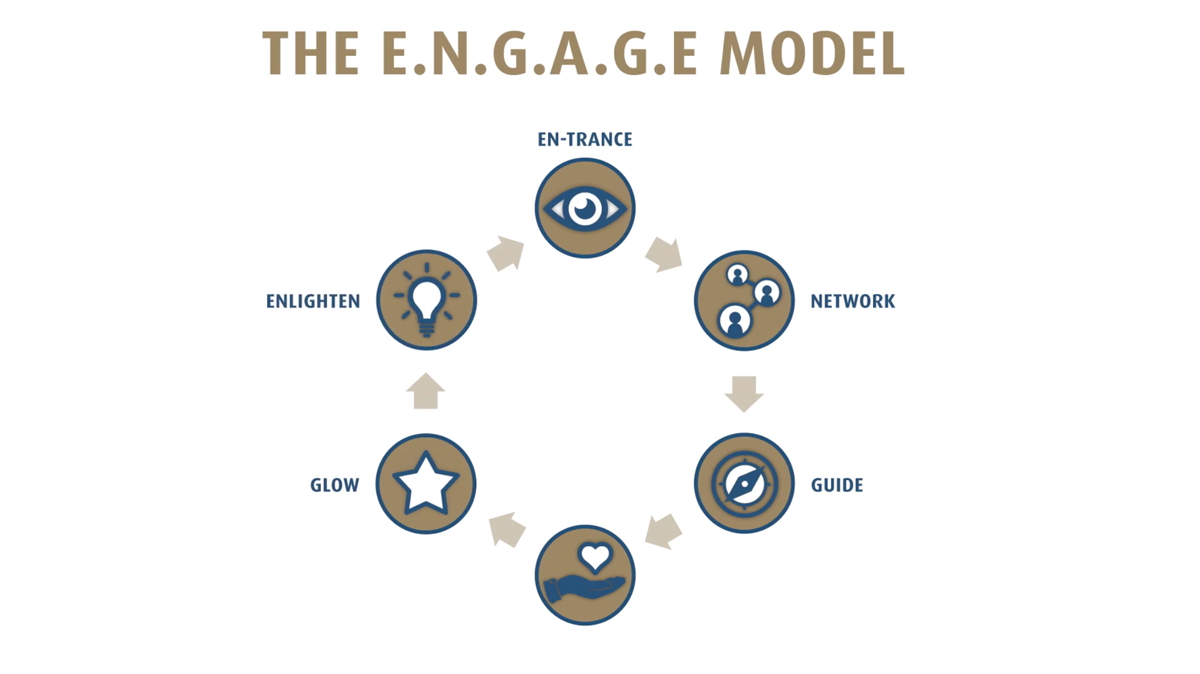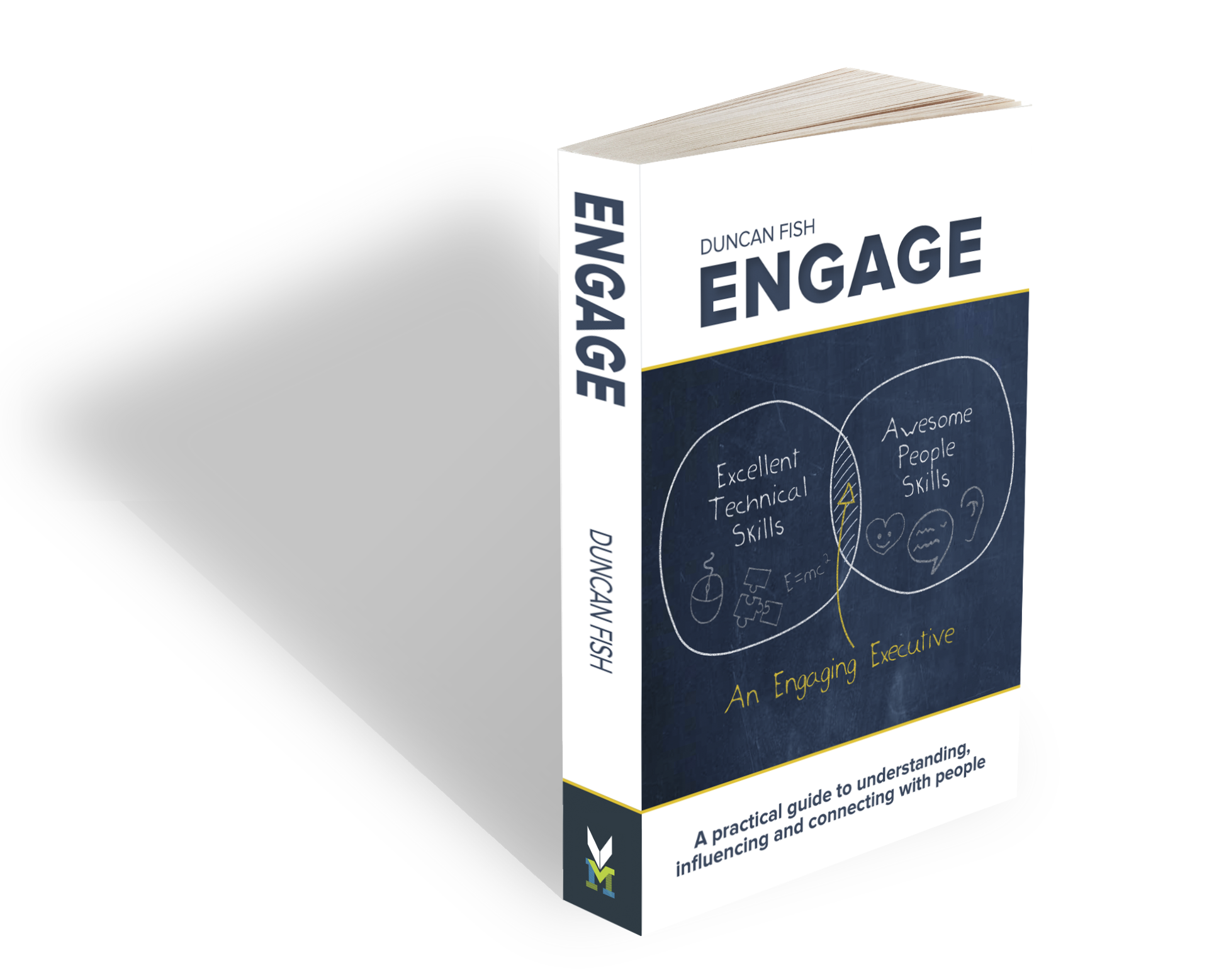Too Lost in Your Own Drive For Success? Here’s How It’s Hurting You (and Your Team!)
Posted By Duncan Fish on June 20, 2017

If you’re having a difficult time understanding when, where and how to employ empathy in your workplace, you may not realise how easy it is to recognise a lack of empathy in offices all around the globe, regardless of industry.
Take this client for example, who’s thankfully been able to use empathy to not only save her office, but also her career.
We’ll call her Sarah, and let’s rewind to last year and peek in on where Sarah’s at.
It’s 2016 and Sarah is known (and prides herself on) being able to get stuff done in the office. If an important project is needed on a tight deadline, she’s your woman. Late nights, long hours, missed holidays — doesn’t matter. If Sarah knows that she’s needed, she’s going to be there, no matter the cost. She runs a tight ship, expects the best out of her team members and continuously pushes them to work harder, faster and better. Nothing is good enough. She never says no to her bosses, and she predicts she’ll be moving up in the organisation very soon. After all, her numbers and results are amazing!
Then, something distressing happens. The team she leads is starting to show a higher and higher rate of absenteeism. In fact, several have already left the organisation completely. In her last meeting, Sarah’s supervisor hinted that her leadership skills might be in question.
Sarah had two options — work her team harder than ever to make up for the slackers and those who have left the organisation, and become resentful of her team’s lack of what she sees as dedication in the process, or she can figure out where she’s gone wrong as a manager and leader. It could be entirely possible that Sarah would pick the first option, as she’s so wrapped up in her own world of success-driven stamina, and has no work-life balance herself, that she doesn’t hear the nasty things her team members are calling her behind her back.
Thankfully, Sarah picked the second option, and began investigating ways she could become a better leader and, in turn, an Engaging Executive. When she began learning about empathy, she started to recognise that it was one business skill she was definitely lacking. She couldn’t remember the last time she’d asked a distraught team member how she could help.
Sarah started putting empathy to work, and her surprised team members began opening up as Sarah slowly earned their trust. Turns out, they felt totally whipped the entire time they were under her leadership. Her increasingly difficult demands and poor communication were making their work environment miserable, causing absenteeism and resignations to skyrocket. Read here on a the benefits having a relationships at work.
Fast-forward to now, and Sarah’s office has entirely changed and they’re still producing the great results Sarah’s looking for, because they feel valued, accepted and comfortable enough to share their groundbreaking ideas and take risks that pay off.
Do you sound like Sarah pre-empathy? Or does your office environment sound like a similar space?
Explore what empathy can do for you and your colleagues, and turn your career in a positive direction. If you feel slightly unperturbed regarding your leadership skills and you may want to give yourself a quick reevaluation, check out this blog.
Interested in knowing how you stack up as an Engaging Executive? Take our free ENGAGE Questionnaire.



